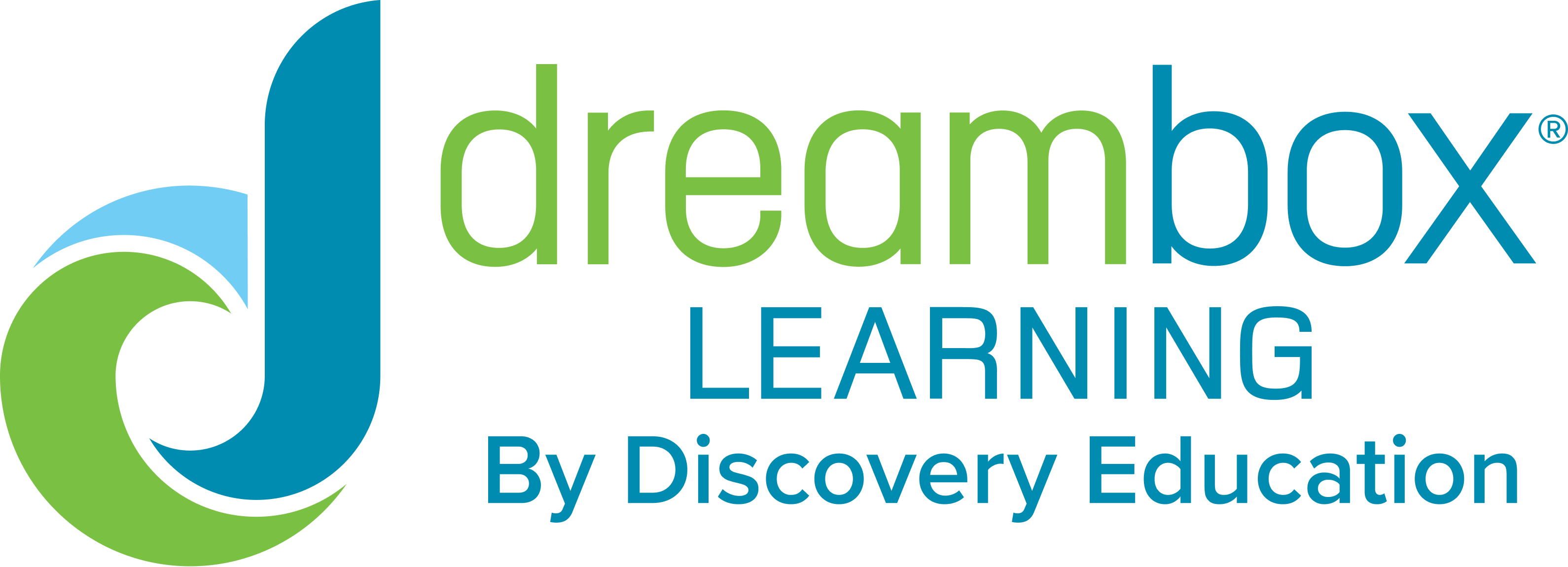We know that most families have a full schedule, and it can be hard to find time for that extra focus we want to have on math. With DreamBox it's easy to find ways to work a little math fun into everyday family activities and keep it from becoming a chore.
At DreamBox Learning, we help parents with many different ways to support their children's math learning at home, because research shows that parental involvement is key to fostering positive attitudes and success in math.
Third graders are developing some big ideas in math — they're using numbers and quantitative processes in sophisticated ways. Now students are thinking more logically to solve problems and understand the world. They are broadening their strategies for using addition and subtraction. They're learning about fractions and place value, such as the position of 100s and 1,000s. A major developmental change occurs when moving into multiplication.
Find ways to practice number operations
- Skip counting is a fun foundation for multiplication. If you have several kids, have them take turns counting by 2s, 3s, 5s, or 10s. As they get better, see how high they can count by numbers like 7 or 12 or higher numbers.
- Story problems can be fun, and they grow naturally out of everyday family life. For example: if you give your child $5 for lunch, first ask him to total up the cost of the items he's buying. Then ask him to tell you before he makes his purchase how much change he'll get. (If he can explain how he arrived at his answer you might even let him keep the change!)
- A trip to the store presents learning opportunities at every age. As you're comparing different brands for the same item, ask your child how much you'd save by buying the lower-priced item.
- When reading the store receipt, how many totals can your child add up doing mental math?
- If you're going to make a meal together, there are even more chances to practice the math your child is learning. Now that she's beginning multiplication, ask her figure out the amounts to double a recipe. Or triple it.
- When you stop at a gas station, have your child check the price per gallon. Then ask how much you'll spend if you buy 2 gallons. Or 10 gallons.
- Lots of things in the kitchen come in groups: eggs, soda cans, juice boxes, pet food, etc. Talk about different ways to regroup the amounts. For example, a dozen eggs can also be grouped in 3s or 4s, or it can be 2 groups of 6. If you have 2 or 3 dozen eggs, and ask how many there are in all. This can be fun no matter what you're doing: you can take turns asking how many tires are there on 5 cars; or how many fingers are there on 4 hands.
- As your student advances, find things around the house that come in arrays (rows and columns), like kitchen tiles, a wine or spice rack, or a candy box. Ask your child to identify smaller arrays within it. For example an egg carton that holds a dozen eggs would be a 2 × 6 array. Cutting it in half vertically would make two 2 × 3 arrays. Or, cutting it in half horizontally (into two rows) would make two 1 × 6 arrays.
- If your child is interested in sports you have built-in math fun! Talk about some common statistics used to rank baseball player performance, such as batting averages and earned run averages.
Find ways to collect, sort, and organize information
- Do you have a lot of change to sort? Ask your child to make equivalent amounts in other coins for a given number of pennies. For example if you have 135 pennies, she could make an equivalent amount using one dollar and 35 pennies, or 13 dimes and 5 pennies, or one dollar, 3 dimes and 5 pennies. How many different combinations can she come up with!?
- For children who may find math a struggle, making an individualized chart where your child can see a record of her improvements can help her gain confidence in herself.
Some family games that help develop math skills:
- As your child develops more sophisticated reasoning ability, he is likely drawn to games that can be explained within the logic of the system, like checkers, chess, Monopoly, and Clue, which require strategic thinking.
- Games that involve manipulating flat shapes on a game board or grid, such as tangrams, Logix, Blokus, and Shapes Up, develop logical thinking as well as spatial awareness.
Try some 3rd grade-level DreamBox math games
Read more math learning parent tips for:
When you subscribe to DreamBox, you'll get regular academic progress emails that include tips for family activities that reinforce the specific lessons your child is learning.

@DreamBox_Learn










